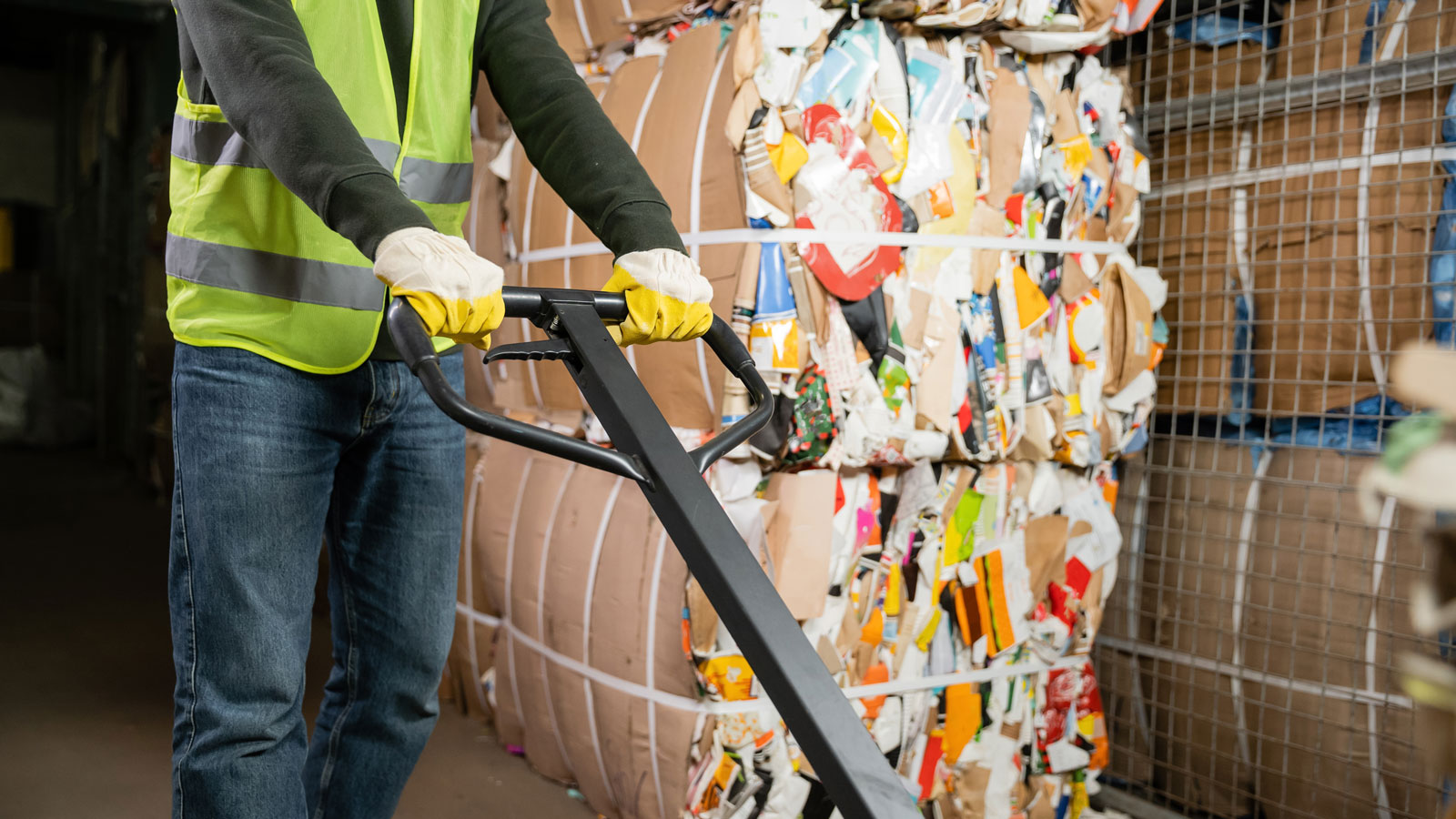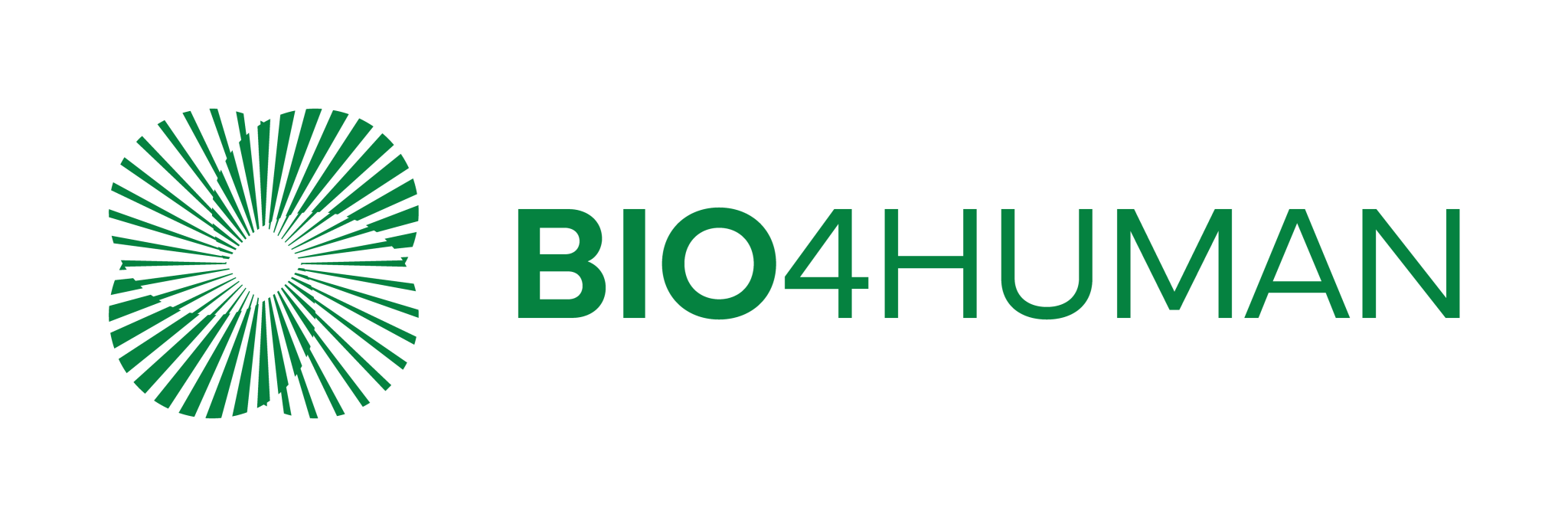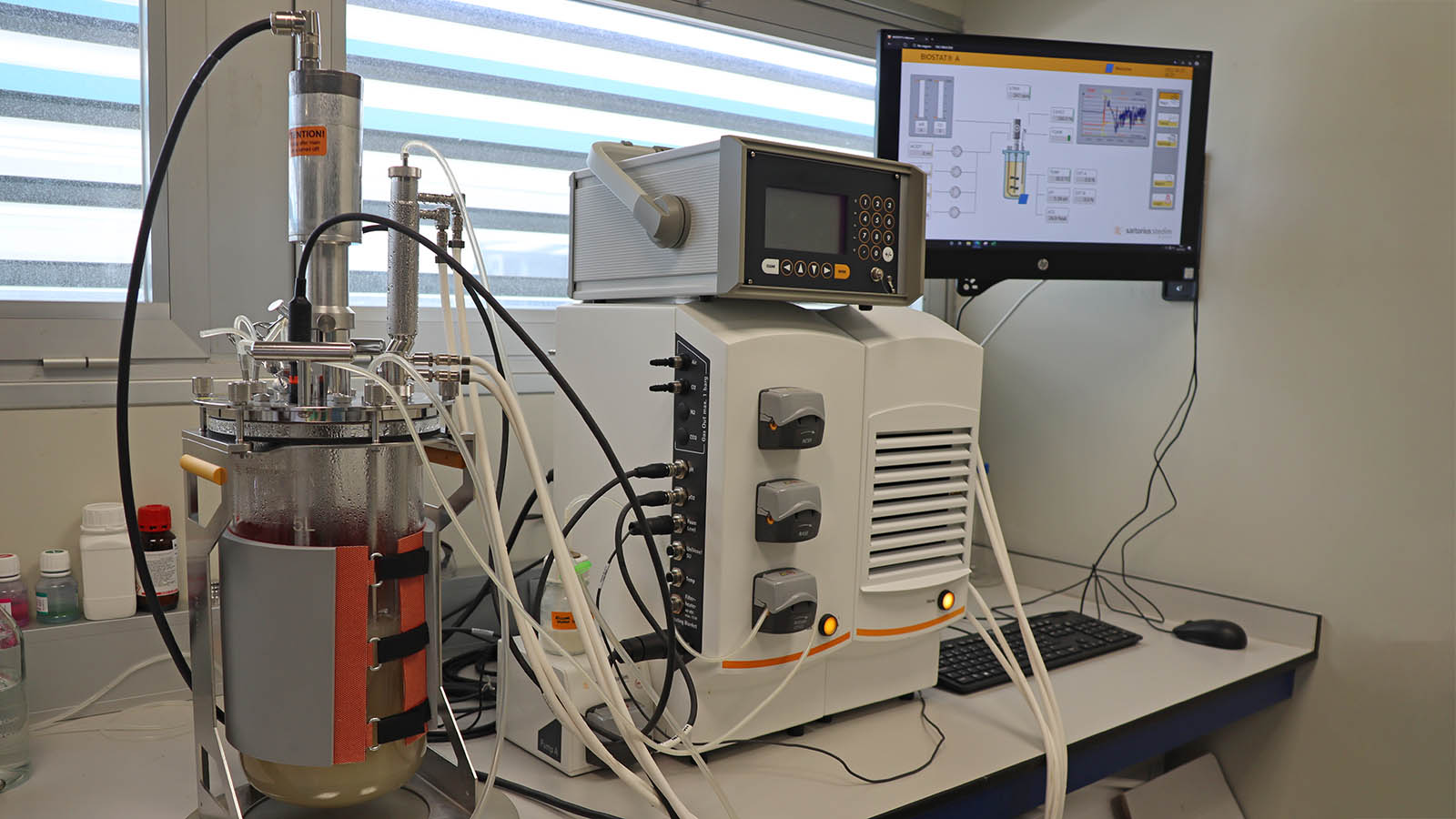Bio4HUMAN: Identifying bio-based solutions for waste management applicable to humanitarian sector

Bio4HUMAN aims to contribute to the identification of bio-based solutions for solid waste management that have the potential to be applicable in various humanitarian settings. To this end, cooperation will be established between charities and the bio-based products industry to help identify sustainable solutions in waste management. Taken together, all Bio4HUMAN actions will contribute to improving ways of addressing waste management challenges in humanitarian contexts, with application in two humanitarian aid locations in Africa, and to the reduction of waste discharged into the environment.
Context
The circular economy and bioeconomy sectors are developing rapidly, partly thanks to strategic and legislative initiatives taken at international and national level. At the same time, it is obvious that the applicability of bio-based products and systems has not been fully achieved and utilised.
One of the unexplored areas for the socially beneficial application of bio-based products and systems is humanitarian operations. Actors, i.e. humanitarian aid operators, are beginning to recognise the potential positive influence that systems based on the principles of sustainability and zero contamination can have on their activities.
These potential synergies are at a very early stage of development. The potential area of applicability is the challenge of waste management related to the provision of humanitarian aid. Waste management in humanitarian contexts can pose significant environmental challenges due to the often limited resources and infrastructure available in these settings. Poor waste management can lead to litter proliferation, waste accumulation and illegal dumping, which can have negative impacts on the environment and public health.
In addition, the lack of adequate waste disposal facilities can lead to open burning or the release of hazardous materials, which can pollute air, soil and water. Therefore, when delivering humanitarian aid within and beyond EU borders, it is important to develop and implement appropriate, efficient, sustainable and circular solutions that will ultimately contribute to improving waste management in humanitarian aid and reducing waste disposal as such. This requires facilitating a stronger network between the bio-based sector, humanitarian aid operators and policy makers to enable the adoption of social innovation solutions that address unmet social needs in the humanitarian sector.
One of the strongest solutions to address these challenges is to open a line of cooperation between humanitarian aid operators and the bio-based sector, allowing them to explore the application potential of innovative products, systems and technology solutions.
Summary and objectives
The overall objective of Bio4HUMAN is to provide humanitarian aid operators and stakeholders in the bio-based sector with scientific information on the application potential, sustainable performance and circularity of bio-based products and systems suitable for humanitarian purposes. To this end, Bio4HUMAN partners will conduct a scoping exercise to develop a list of solutions and identify existing gaps in the solid waste management supply chain. This list of solutions will be achieved by examining the applicability of bio-based products and systems in the humanitarian context.
They will also explore whether the solutions meet the intent of key stakeholders in solid waste management and examine the likelihood of their acceptance by the community, businesses and local authorities. Bio4HUMAN will carry out a feasibility assessment process in two African locations: the Democratic Republic of Congo (DRC) and South Sudan, where the consortium’s humanitarian organisations are already active.
In parallel, the project aims to explore the socio-economic, innovative and governance aspects of the proposed solutions, without omitting their potential for future replication to bring efficiency, effectiveness, sustainability, cost-effectiveness, knowledge sharing, etc. The main findings of the project will be translated into a set of guidelines and recommendations and a roadmap for the replication of the identified solutions applicable to various humanitarian contexts.
Bio4HUMAN will take into account all recently adopted EU policies, programmes and legislation. To succeed in this interdisciplinary effort and address the real needs of society, a multi-actor approach involving a wide range of actors will be at the core of the action.
To achieve its overall objective, as well as to lay the foundations for the dissemination and replication of the project’s activities and results in different humanitarian contexts, both in Europe and beyond, the project sets the following verifiable and measurable objectives:
- Assess the scope for innovative technological solutions and bio-based systems to be applied in the humanitarian context, with a positive effect on the environment, taking into account performance, supply and price where possible/available.
- Conduct life cycle sustainability assessments (LCSA) of identified “go” solutions in 3 types of locations (1. smaller municipalities/communities/villages, 2. large cities, 3. camps) with limited waste management in South Sudan and DRC.
- Assess the socio-economic and governance aspects of the identified bio-based solutions and systems, including their replication potential. The objective also encompasses the assessment of the utility and deployability of the identified solutions by 3 types of African communities to validate/explore their efficacy and safety.
- Develop a set of guidelines and recommendations to policy makers, bio-based actors, humanitarian aid practitioners and the scientific community.
In the long term, Bio4HUMAN is expected to contribute to the development of innovative and sustainable value chains that benefit consumers and citizens in Europe and beyond.
Consortium
In order to meet the challenge of establishing cooperation between charities and the bio-based products industry to help identify sustainable solutions for solid waste management in various humanitarian settings, Bio4HUMAN has a multidisciplinary and balanced team. The consortium brings together 10 partners from 6 countries (5 EU and Israel). The partners and associates share a common interest in the topic, bring to the project multiple expertise and allow it to be representative of all European macro-regions.
Specifically, the consortium is made up of:
- ENSPIRE SCIENCE LTD (ENSPIRE) (Israel) (Coordinator).
- INSTITUTO TECNOLÓGICO DEL EMBALAJE, TRANSPORTE Y LOGISTICA (ITENE) (Spain).
- UNIVERSIDAD DE CANTABRIA (UC) (Spain).
- FUNDACJA EDUKACJI I DIALOGU SPOLECZNEGO PRO CIVIS (PRO CIVIS) (Poland).
- CLOVEK V TISNI OPS (PIN) (Czech Republic).
- WELOOP (WeLOOP) (France).
- IRISH BIOECONOMY FOUNDATION (IBF) (Ireland).
- POLSKA AKCJA HUMANITARNA FUNDACJA (PAH) (Poland).
- AIMPLAS – ASOCIACION DE INVESTIGACION DE MATERIALES PLASTICOS Y CONEXAS (AIMPLAS) (Spain).
- BIOEAST HUB CR, Z. U. (HUB) (Czech Republic).
ITENE’s role in Bio4HUMAN
In Bio4HUMAN, ITENE will participate in work packages 3 (Base mapping and scoping), 4 (Scoping plan) and 5 (LCA of bio-based innovative solutions). Specifically, ITENE, together with other partners, will be in charge of:
- Develop a detailed scoping and communication plan to be included in the overall plan. This scoping plan will outline the objectives, specific methods to be used to collect and analyse data from both the biotechnology sector and the humanitarian aid sector. It will also identify potential risks and constraints and propose ways to mitigate them.
- Establish the scope of potential innovative bio-based technology solutions and bio-based systems, and explore existing value chain models within the existing sub-sectors that make up the bioeconomy.
- Identify existing (or pre-production) technological solutions that could respond to identified sector needs and identify supply chain gaps in the solid waste management system for humanitarian action.
- Identify gaps and areas for innovative approaches.
- Define the objective and scope and data collection for innovative solutions in the packaging sector. Data will be collected on the environmental performance of current and innovative bio-based waste management solutions for humanitarian aid in order to identify current sources of contamination.
- Analyse the critical points of current and innovative solutions.




